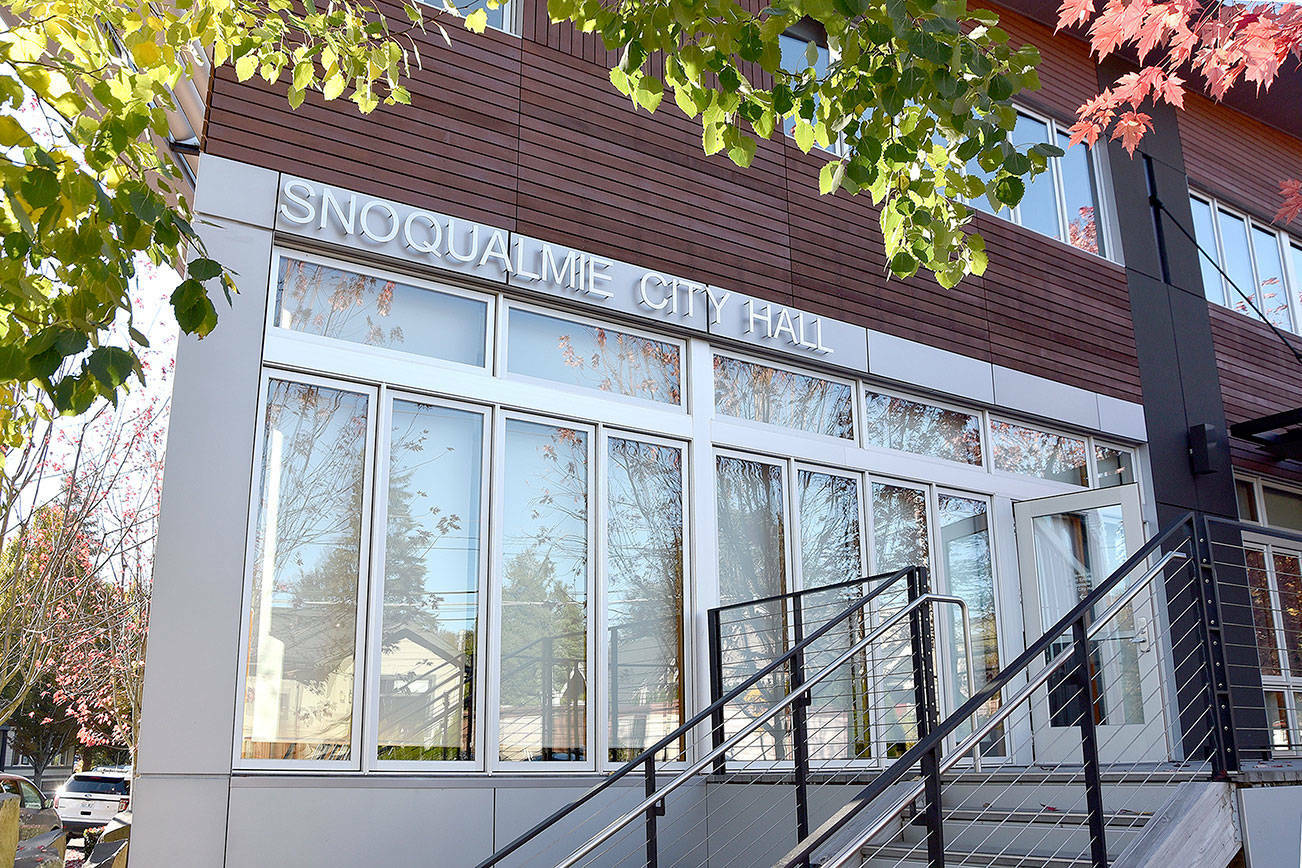At the Jan. 8 Snoqualmie City Council meeting, the council was presented the first reading of a proposal to increase the Transportation Benefit District (TBD) sales tax by 0.1%. If approved, it would reach Washington’s maximum 0.3% TBD sales tax threshold.
A TBD sales tax generates revenue specifically designated to support and improve transportation-related initiatives and projects within a city.
According to the city’s website, the TBD sales tax revenue can help fund street repairs, street sweeping, lighting maintenance, roadside maintenance and sidewalk repairs.
Many cities within King County have adopted ordinances that add fees to create revenue for city transportation improvements. Some cities choose to adopt annual vehicle license fees and others choose TBD sales tax.
The TBD sales tax ensures that the financial burden is not placed solely on residents, as it requires anyone making purchases in the city, including visitors and tourists, to contribute to the sales tax.
If adopted, the sales tax within Snoqualmie would reach 9%, according to Snoqualmie Finance Director Drew Bouta. This would leave Snoqualmie’s sales tax below 76% of other King County cities.
This increase in TBD sales tax is in response to various factors. The most prevalent one, Bouta noted at the Jan. 8 meeting, was inflation.
According to the city’s website, the TBD sales tax is one of several revenue-generating options to offset the inflationary increases that affect the current and future general fund.
This tax could relieve the strain on the general fund, which supports services such as police, fire, parks and transportation.
Bouta said community members showed an overall positive attitude toward the adoption of additional tax increases to maintain these levels of services, which he pulled from the 2023 Snoqualmie Community Survey.
Furthermore, residents of Snoqualmie reported mobility levels as follows: 12% poor, 33% fair, 42% good, and 14% excellent.
Mobility within the survey covers the quality of different transpiration modes, traffic flow, signals and road and trail infrastructure.
According to the ordinance, the 0.1% increase alone will create approximately $300,000 in annual revenue.
However, Bouta cautioned the council, if the TBD sales tax is not approved by Jan. 16 — the Washington State Department of Revenue’s imposed deadline to implement any 0.1% TBD sales tax for the quarter — then the city would not be able to collect revenue until the next quarter in June.
Bouta estimated a $78,000 loss in revenue if the sales tax was delayed until June.
Despite Bouta’s advisory, the council decided on a 4 to 1 vote to conduct a second reading at the Jan. 22 council meeting.


